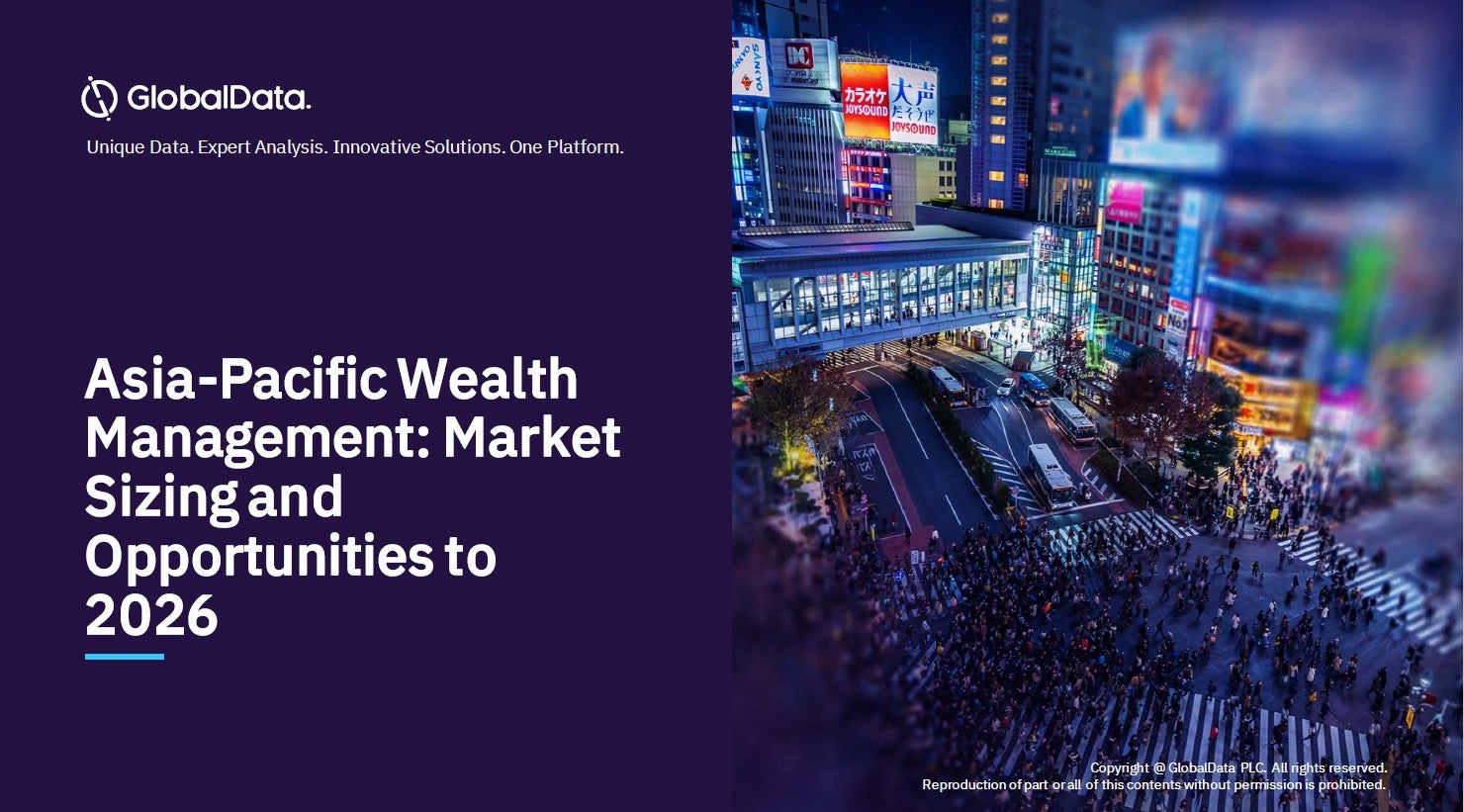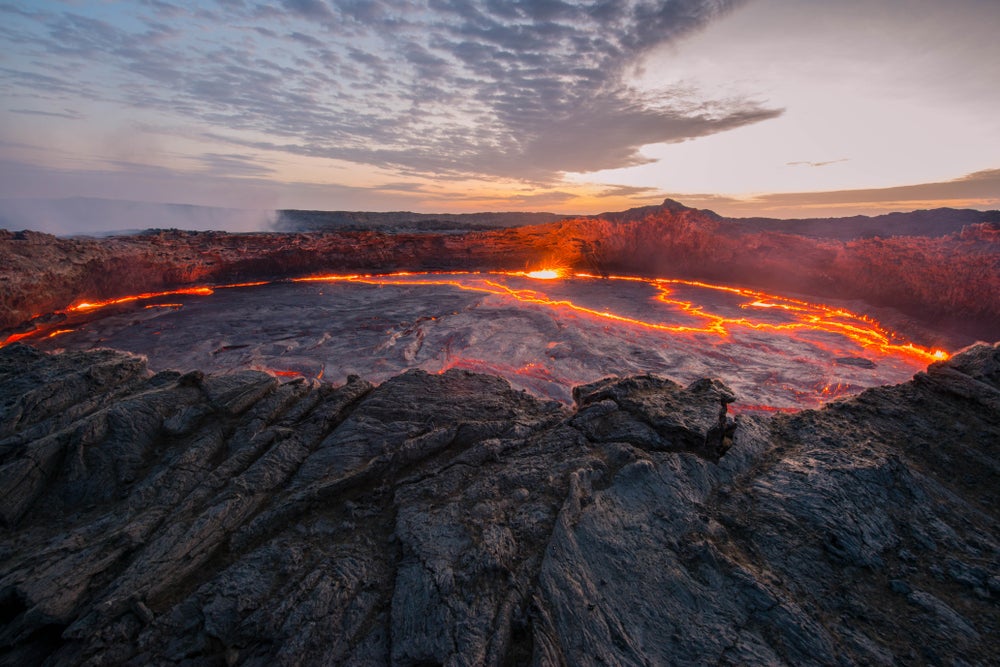
Wealth is increasing in a continent largely neglected by wealth managers. But a continental view can be misleading. Mishelle Thurai looks into the forgotten corners of the African wealth management market.
The Economist coined the term ‘Africa Rising’ in 2011 forecasting a prosperous future for the African economy.
That optimism has been repeated by a host of studies since then. The International Monetary Fund (IMF) expects sub-Saharan Africa’s growth to pick-up from 2.9% in 2018 to 3.5% in 2019. This growth is still lower than what was shown for October 2017, due to the effect of softening oil prices on oil producing economies.
But a group of non-oil reliant economies have all witnessed thriving economies according to Knight Frank’s Africa Report 2018/17, showing the split between commodity exporters and importers. Rwanda, Ethiopia and Kenya have all maintained GDP growth rates well in the excess of 5% due to growth in both private consumption and investment, according to Knight Frank.
Another report by the Mauritian bank AfrAsia says there has been a 13% growth in total wealth held in Africa over the past ten years. The strongest performing markets have been Mauritius, Ethiopia and Rwanda. The Africa Wealth Report forecasts private wealth in Africa will rise by 34% over the next ten years, reaching an estimated $3.1trillion by the end of 2027.
Studies like these show that Africa is not rising, rather individual countries are thriving in a continental economy skewed in favour of the diversified, well-governed and innovative. Private Banker International looks at the wealth markets within these countries.
How well do you really know your competitors?
Access the most comprehensive Company Profiles on the market, powered by GlobalData. Save hours of research. Gain competitive edge.

Thank you!
Your download email will arrive shortly
Not ready to buy yet? Download a free sample
We are confident about the unique quality of our Company Profiles. However, we want you to make the most beneficial decision for your business, so we offer a free sample that you can download by submitting the below form
By GlobalData
Ethiopia
New World Wealth, an African wealth watcher, reckons Ethiopia grew 190% between 2007 and 2017, the fastest increase on the continent. However, Andrew Amoils, who compiled the data, points out that the growth is from a very low base: Ethiopia had about $20bn in total wealth in 2007. At the last count there were 800 HNWIs in Ethiopia according to Knight Frank’s 2017 Wealth Report, however, this is forecast to rise by 100% by 2026.
This optimism largely rests with Abiy Ahmed who became Ethiopia’s fifteenth prime minister in April 2018 and has since opened up the country’s economy to financial investments and re-established peace between Ethiopia and Eritrea. His reforms have stopped at the banking sector, however, which remains closed to foreign investors. The two state-owned banks and the 18 licenced commercial banks are all domestically majority-owned. This means that wealth management in Ethiopia, for now, remains in the hands of local firms.
Kenya
Kenya’s economy has been one of Africa’s fastest growing in the past three years. The growth of the economy peaked at 5.6% in 2016 according to the World Bank. Forecasts for 2019 show medium term GDP rebounding to 6.1%, attributable to infrastructure projects, resolution of slow credit growth as well as tourism.
According to Knight Frank’s Wealth Report, Kenya had around 9,500 HNWIs in 2018. Evidence of this can be seen in the market for second homes the report says. Houses in Nairobi have increased in value over four times since 2000 according to Hass Consult Real Estate.
Though Kenya’s financial sector has long been open to foreign players, unlike Ethiopia’s, it has less appeal among international groups. HSBC shut their Nairobi office after three years in 2014 and few others have entered since.
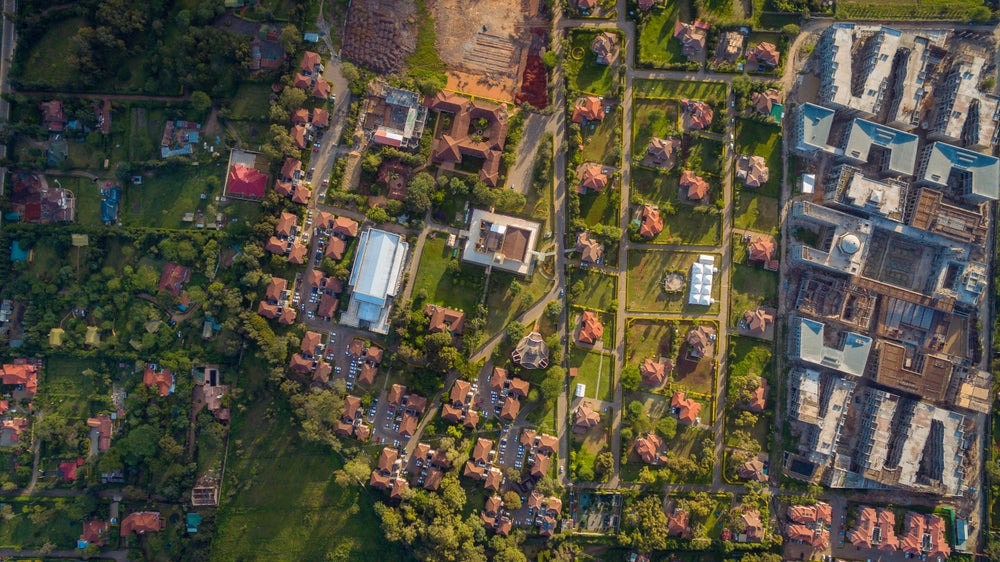
Rwanda
Rwanda may have the lowest number of HNWIs on this list, clocking just 500 in 2016 according to Knight Frank; however, it has highest prospects according to some.
Not for its topography alone has Rwanda been labelled ‘Switzerland of Africa’. The small landlocked nation ranks 29th on the World Bank’s ease of doing business ranking, higher than any other African nation apart from Mauritius. Its stock exchange, though small, has attracted several listings from neighbouring Kenya. It is also a world leader on legislation around drones, plastic reduction and healthcare.
Though the number of HNWIs does not merit much of a wealth management economy – only local banks Fina Bank and KCB Bank provide private banking services – there is an opportunity to attract wealth from neighbouring nations, much like Switzerland managed to do in Europe.
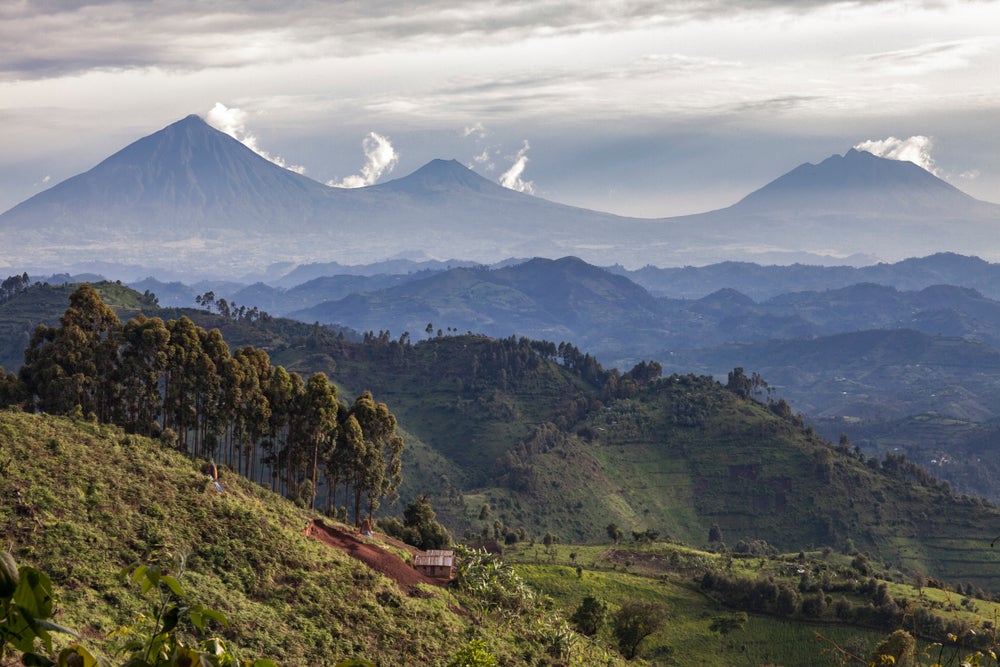
Ghana
Though once the richest territory along Africa’s ‘Gold Coast’, recent years have not been so rosy for Ghana’s economy. In 2012, Standard and Poor revised Ghana’s outlook to negative due to the country’s budget deficit. It then received a loan from the IMF in 2015 and though it hopes to exit the process this year, HNWIs are advised to be cautious in their investing.
Setor Quashigah, head of wealth management at Standard Chartered Bank, spoke on the Bank’s 2019 Outlook, recommending Ghanaian investors tie their investments to assets which are can be easy to liquidate: “We’re not asking people to keep their money in their savings account or current accounts idle. What we are saying is yes, keep some idle but also invest in funds you can quickly get out of and move into some other funds.”
However, the 2,700 HNWIs living in Ghana are not to be overlooked. GDP is expected to rise 6.3% and 57% of native Ghanaians are under 25 years old.
Nigeria
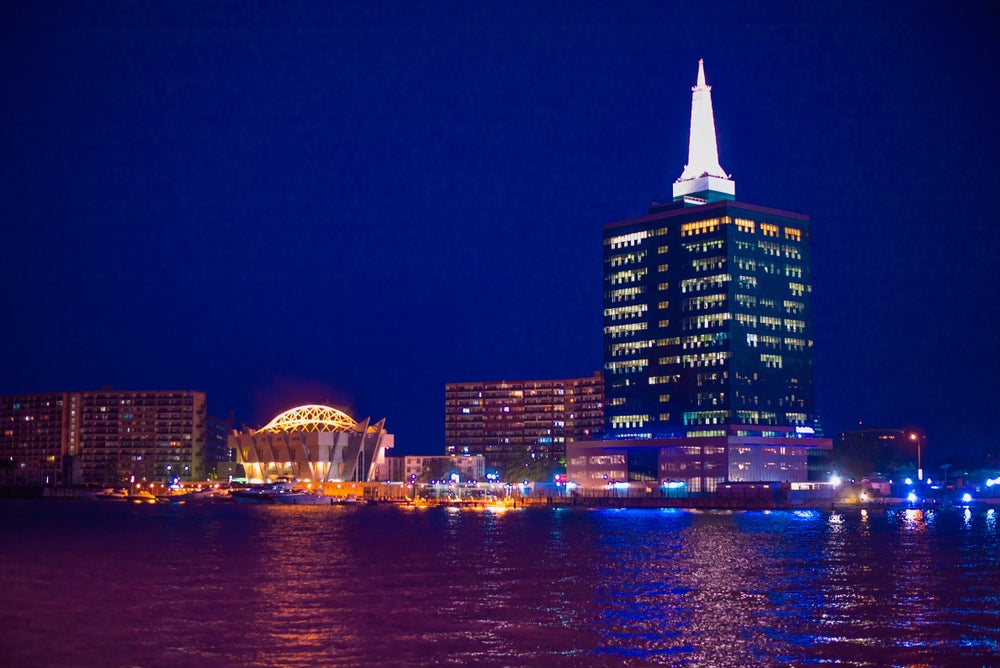
Currently Nigeria is the third wealthiest country in 2017 with a total wealth of $253bn according to AfrAsia, second only to South Africa and Egypt.
However, Nigeria’s total wealth decreased by 10% in 2017 according to New World Wealth. According to GlobalData’s 2015 report, Wealth in Nigeria: HNW customers, HNW investors in Nigeria fell into two broad categories: Successful first-generation entrepreneurs and highly paid executives drawn largely from the oil and gas sector.
The latter of these have seen their wealth plummet along with the decline in the oil price since 2014. However, other factors have strained Nigeria’s economy in recent years, including the loss of currency value against the US dollar, the drop in local real estate prices and migration of HNWIs abroad. Estimates of the amount of wealth that has left the country vary, AfrAsia says 900 HNWIs left Nigeria in 2017, but Oxfam says 30% of Africa’s total wealth is banked offshore with much from Nigeria.
Those leaving Nigeria have caught the attention of their government who announced a tax amnesty scheme in 2017, providing HNWIs a window to disclose previously hidden assets and income. More recently the government have declared a new visa scheme for investors in a bid to attract more foreign direct investment back to non-oil sectors.
However, any potential investors will be waiting for the outcome of Nigeria’s election. At the time of going to press, Nigeria’s government has just delayed the election following problems with transporting ballot papers. HNWIs and wealth managers alike will be closely watching the outcome in Africa’s largest democracy.

